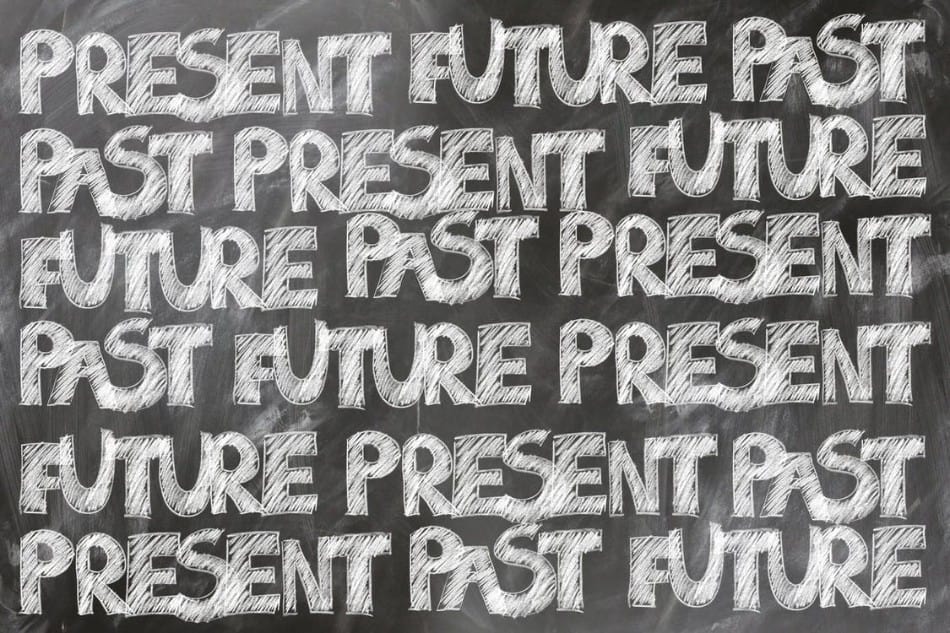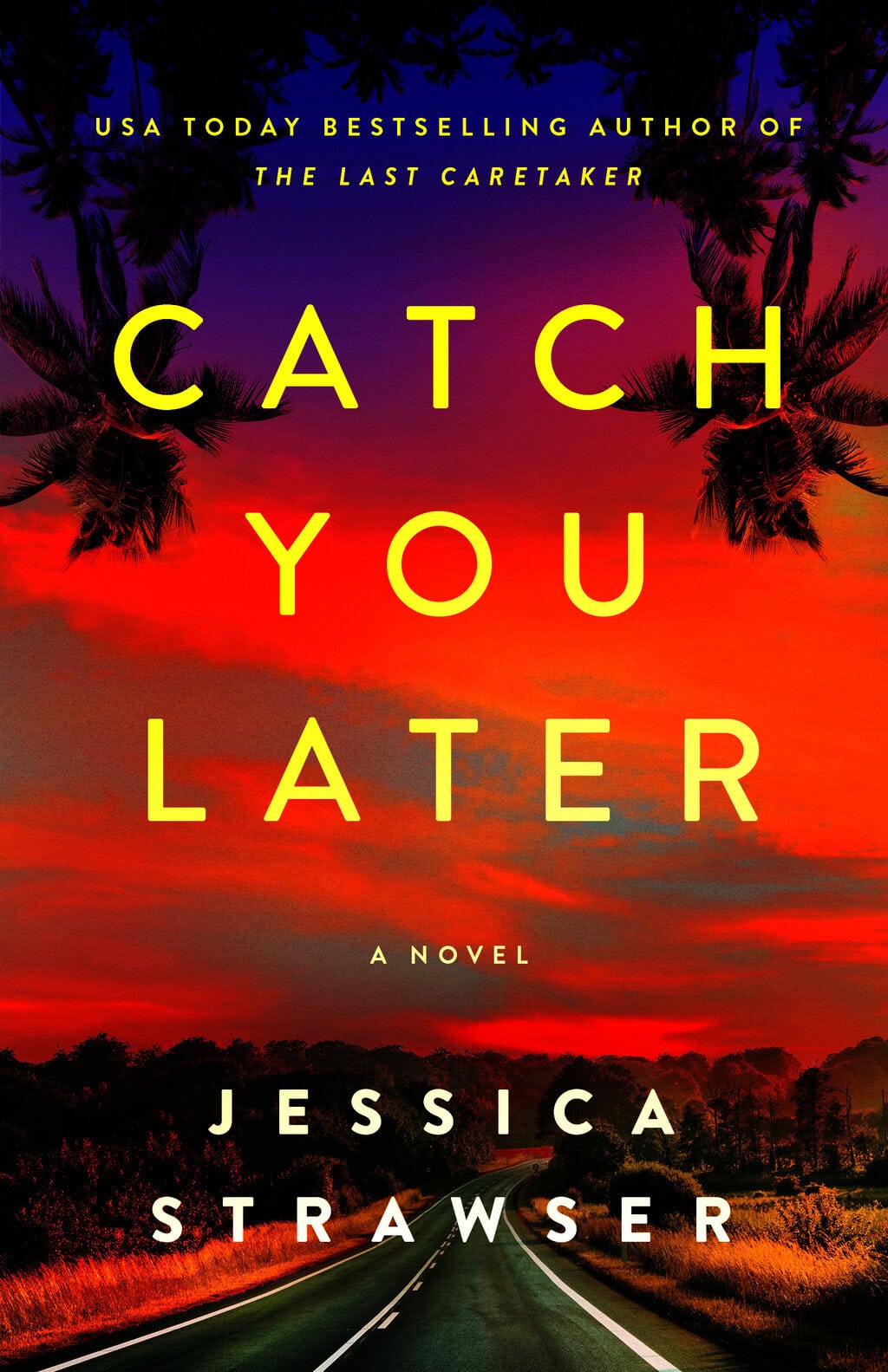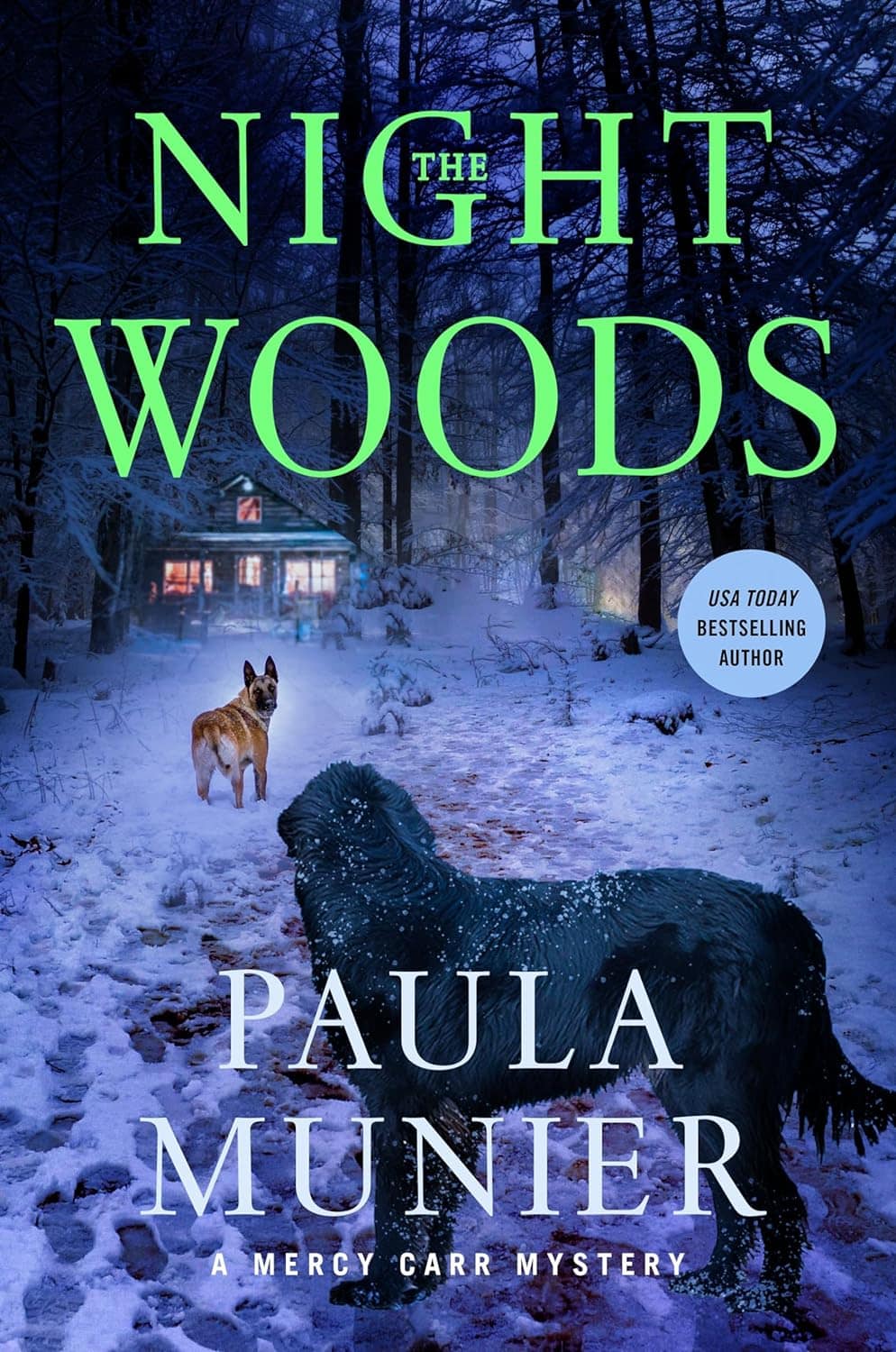by Sally Koslow
Biographical novels are endlessly fascinating. They are fictional – often highly researched but still fictional – accounts of a real person’s life. The Paris Wife, about Ernest Hemingway and Hadley Richardson. The Other Boleyn Girl, about Mary Boleyn and her sister Anne. In Cold Blood, Truman Capote’s reconstruction and retelling of the murder of the Clutter family.
They’re popular, educational, and often become terrific movies.
If you’re thinking of tackling one, here are some secrets to making yours work.
1. Pick a human subject you find genuinely fascinating
Unless they’re crazy-fast, most writers spend at least a year completing a manuscript, and once it’s sold, another year or two may pass until publication. After that, promotion continues for a good, long while.
You’ll be channeling your hero and/or heroine for what will feel like forever, so you’d best pick people who are sufficiently complex.
2. Your character doesn’t have to be wholly likable
They do need to be believable and intriguing.
3. Jump-start your research with biographies
If a biography exists of your subject, lucky you. Begin there. If you’re truly fortunate, there will be more than one biography to inhale. Next, move on to diaries, memoirs, letters, interviews, and related documents. Your goal is to feel you know your subject at least as well as your best friend. If you’d like your subject as a friend, even better. See Rule #2.
4. Beware of verbal anachronisms
I just read an otherwise terrific biographical novel set mostly in the 1950s and 1960s, where the author used the word “alas” at least ten times. I kept wondering if in the next scene I might discover that this mid-century woman wore a whalebone corset and dosed herself with laudanum. Related point: even if “alas” had been an apt word to use, it’s still oddly memorable, and strange to use so often in one book.
5. Avoid dialogue tics
We’ve all learned that conversation shouldn’t be too on the nose and speakers can overlap. In an effort to be period-friendly, however, dialogue shouldn’t mimic every sloppy annoyance of everyday speech. Really. Very. So. Well. Use words such as these sparingly. They are the cayenne pepper of your manuscript.
6. Capture your subject’s voice
Read letters and diaries, if any exist. Check for YouTubes – you may actually be able to hear the voice of your subject. It’s essential for conversation and internal dialogue to feel real or your book won’t distinguish itself.
7. Feel free to reshape your story line
Even the most interesting person does not lead his or her life in a plot. An author needs to determine not only what events to subtract and re-order in the life of her subject, but what do fictionalize and add. Perhaps your Civil War nurse visits an imaginary hospital in Atlanta, or even a real one in which you can’t that prove she ever set foot. Your story may be better for the invention.
9. Enrich your book with historical details
Consider your book to be the literary equivalent of Colonial Williamsburg. Readers come to any historical novel, biographical or otherwise, partly to learn about a bygone era. Don’t stint on (accurate!) details about clothing, hairdos, food, home design, transportation, gardening, raising children….
10. Beware of rabbit holes
In preparation for writing any historical novel, it’s so much fun combing through clippings, tracking down out-of-print books, and watching vintage movies that it’s essential to assert discipline. Otherwise, you may find yourself going down rabbit holes that cause you to either procrastinate or to get so obsessed with a historical footnote that you digress in your writing. Stay on point, people.
11. Stick to your era
In a biographical novel it’s essential to color within the lines or your time period’s details. Nothing takes a reader out of story faster than a mistake. You will find yourself researching picky but essential points. Did women wear nylon stockings in 1939? In 1962, could you buy avocados in a Minnesota supermarket? How many stars did the American flag have in 1901?
12. Read well-written novels within the genre
You want to be able to identify fine writing and become infected by its virus, so read the best of the best and steer clear of biographical novels with pedestrian writing.
Set your bar high
Because why else would you do it? Are you writing a biographical novel? Or thinking about it? Need advice? Come chat with us on our Facebook page!
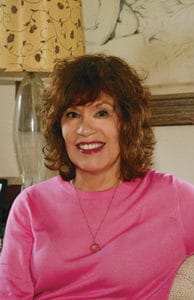
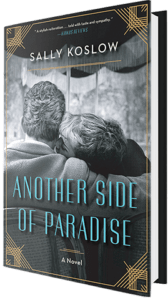 Sally Koslow is the author of Another Side of Paradise, a biographical novel that explores the little-known love story of F. Scott Fitzgerald and Sheilah Graham, as well as her shocking past.
Sally Koslow is the author of Another Side of Paradise, a biographical novel that explores the little-known love story of F. Scott Fitzgerald and Sheilah Graham, as well as her shocking past.
She also wrote the international bestseller The Late, Lamented Molly Marx; The Widow Waltz; With Friends Like These; and Little Pink Slips. She is also the author of one work of nonfiction, Slouching Toward Adulthood: How to Let Go So Your Kids Can Grow Up.
Sally is the former editor-in-chief of McCall’s Magazine. She has taught at the Writing Institute at Sarah Lawrence College and is on the faculty of the New York Writer’s Workshop. She has contributed essays and articles to The New York Times, O, Real Simple, and many other newspapers and magazines. She is a member of Tall Poppy Writers.
Sally lives in Manhattan, but hopes the statute of limitations never ends on mentioning that she is from Fargo, North Dakota. She is a graduate of the University of Wisconsin-Madison, where she met her husband. They live in Manhattan, and are the proud parents of two sons.

